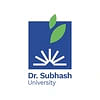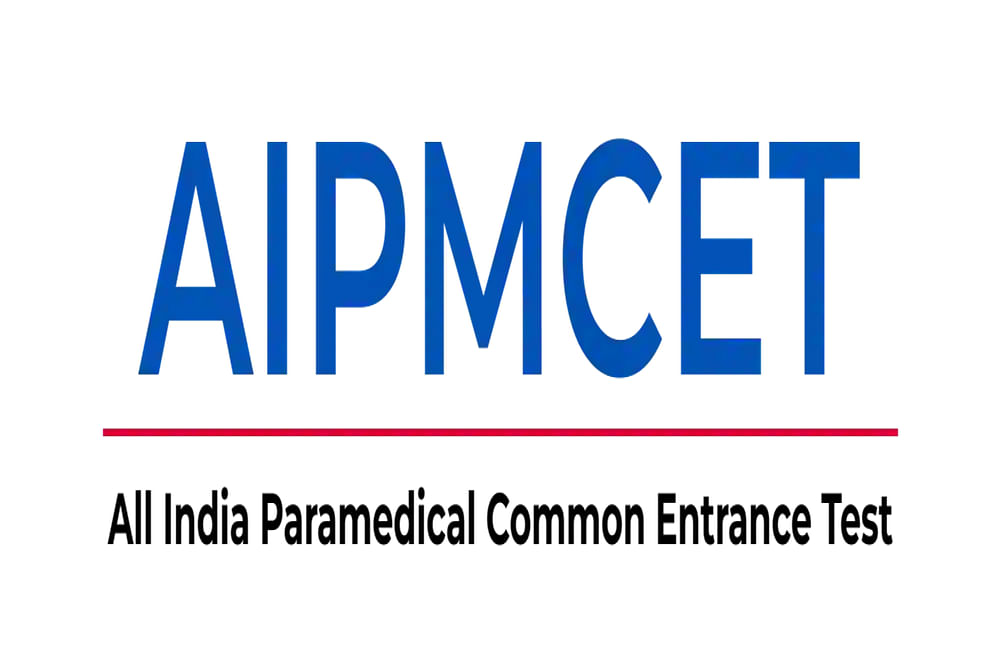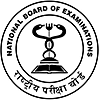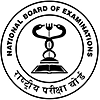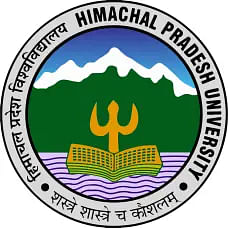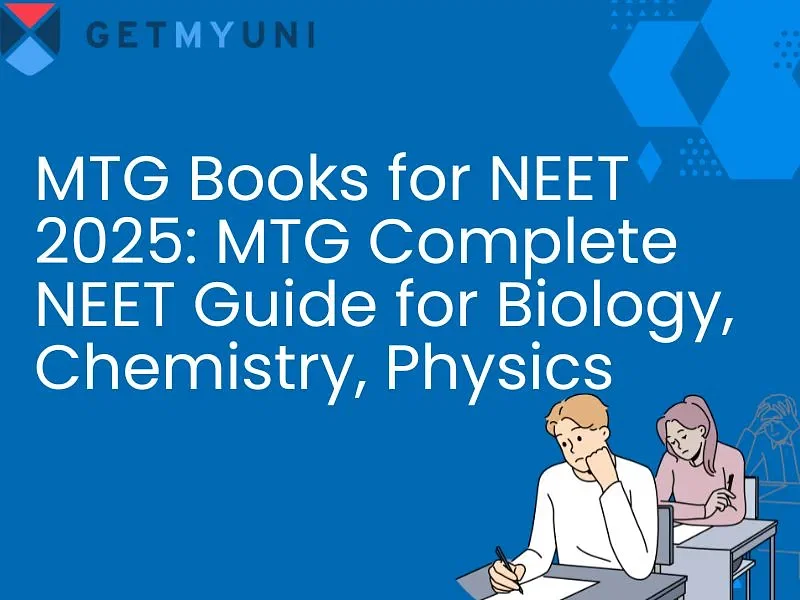Beginning preparation for the NEET in class 11 is regarded as ideal and most beneficial. Students have a lot of queries about the exam, such as how to prepare for NEET from class 11, what is the study schedule for class 11 NEET? and many more. As a result, it is necessary to review these basic concepts learned in class 11 in order to better comprehend the more advanced topics covered in NEET exam.
Best NEET Preparation Tips for Class 11 Students: For students attempting the NEET exam, it is important to start the preparation from class 11th for strong clarity of the core concepts of Physics, Chemistry, and Biology. NEET 2025 syllabus is extensive, and class 11 is a good time to prepare for any admission exam. The basics learned in prior years are still fresh, and the mind is ready for a new start.
For applicants, starting NEET preparation in class 11 is the best option. It will provide students with adequate time to test out a preparation plan. Also, starting early allows students to properly revise the Class 11 material by the time they reach class 12.
Preparation for NEET, the medical admission exam for undergraduate medical degrees, appears to begin in class 11 as the ideal and finest time. Both years (11 and 12) are crucial for NEET. Most of the subjects studied in class 11 are based on the syllabus from NEET exam. As a result, to better understand complex topics taught in class 12, one must first consolidate concepts at the 11th-grade level.
NEET Preparation Tips for Class 11 Students
Students in class 11 need to have a solid foundation in each subject included in NEET 2025, as it helps solve complex questions moving forward in class 12 and for overall exam preparation. Listed below are some key tips for class 11 students to practice for NEET exam preparation:
Tip 1: Understand Syllabus for NEET
NEET stands for National Eligibility cum Entrance Test, is conducted by NTA for students seeking admission to UG medical courses like MBBS, BDS, and AYUSH.
- The syllabus for NEET is extensive; students need to understand different aspects of each subject and their weightage in the exam.
- The first step will be to download the syllabus from the NTA website and then organize the syllabus by subject and chapter.
- Further, students need to collect the study material, including NCERT books, reference books, previous year papers, etc., to understand the syllabus in more detail.
Tip 2: Understand the NEET Exam Pattern
For 2025, a total of 24,06,079 registered to take the NEET, which means the preparation needs to be sold and started from class 11 onwards.
- Students should familiarize themselves with the NEET 2025 exam pattern, including the format of questions, the total number of questions, the marking scheme, etc.
- It is important to analyze the NEET chapter-wise weightage of each subject in the exam through the previous year's question paper, which can help students prioritize the topics and improve their chances of scoring higher marks.
- The exam duration is 3 hours 20 minutes, which makes it more competitive, and students require a clear time management strategy. From class 11, students can focus on creating their time management strategy by giving mock tests and practising papers to assess their performance.
Tip 3: Plan a Study Schedule
The first recommendation for students preparing for NEET from Class 11 is to establish a routine. NEET preparation will take hours of concentrated study. Having a personalized study schedule is important for NEET preparation; students need to assess their current knowledge and identify their strong and weak topics.
- By starting to assess the weak topics from class 11 students have the right amount of time to improve their basics for solving complex questions.
- Include regular revision sessions for better recall of topics and allocate time for reviewing previous topics to enhance retention.
- In the practice sessions, students can include MCQs, sample papers, and previous years’ questions to familiarize themselves with the exam format.
- Those preparing for NEET should make it a habit to study for hours on end.
- Because class 11 students are starting early, they can begin by dedicating two hours to self-study and gradually increasing that to four to five hours. Early adoption of this practice will benefit such kids in the long run.
Also Read: NEET Preparation Time-Table
Tip 4: Build a Strong Conceptual Foundation
Class 11 acts as a foundation class for NEET preparation.
- Students need to start clearing core concepts like laws of motion, forces, energy, organic chemistry basics, the human circulatory system, etc.
- Students can also clear their basics by using visual aids like diagrams, flowcharts, videos, and animation. Visual aids also help in interlinking the existing concepts with new concepts.
- For conceptual questions, it is important to focus on the “Why” aspect of the topic because it helps in understanding the application of concepts and makes it easy to recall.
Also Read: How To Score 720 In NEET 2025? Preparation Tips, Strategies?
Tip 5: Practice with the NEET Question Papers
The second NEET preparation tip for Class 11 kids is to acquire as many sample papers and previous years' NEET question papers as possible this year. They could also refer to past years' NEET question papers to better grasp the exam pattern.
This exercise will help students understand the types of questions that can be asked about a topic. It would also help them comprehend the NEET exam format better.
Tip 6: Join Coaching Classes
Self-study is important to crack NEET, but joining coaching classes or study groups improves the chances of scoring higher because of the structured learning environment, access to a variety of study materials, and experienced faculty. Students can look for top NEET coaching institutes in their cities.
Also Read: How to Crack NEET Exam in First Attempt Without Coaching?
Tip 7: Take Notes and Revise
Take thorough notes on the NEET study material. Take note of crucial information, shortcuts, formulas, and key concepts. These notes will be essential as you revise the NEET exam syllabus. Regularly examine your notes, making daily, weekly, and monthly revisions to improve your comprehension.
Tip 8: Set Daily Goals
Setting daily goals is critical for achieving long-term goals. Break down your study sessions into small tasks, such as finishing a set amount of pages or subjects each day. To stay motivated, celebrate your tiny victories after meeting your daily goals.
Tip 8: Stay Updated about NEET Exam
Stay up to date with NEET exam updates. Check the NTA's official website daily for the latest developments. Check the NEET NTA exam schedule, syllabus revisions, and application form availability.
Also Read: Free NEET Coaching 2025 - Online NEET Coaching By Government and NTA, Registration
Syllabus for NEET 2025
NEET syllabus 2025 was officially announced by the National Testing Agency (NTA) as given below. Students can download the PDF from the NTA website to better understand each subject.
| Physics | Chemistry | Biology |
| Physics And Measurement | Some Basic Concepts of Chemistry | Diversity of Living Organisms Change |
| Kinematics | Structure of Atom | Structural Organization in Plants & Animals Change |
| Laws Of Motion | Classification of Elements and Periodicity in Properties | Cell Structure and Function No Change |
| Work, Energy, and Power | Chemical Bonding and Molecular Structure | Plant Physiology |
| Rotational Motion | States of Matter: Gases and Liquids | Human Physiology |
| Gravitation | Thermodynamics | Reproduction |
| Properties of Solids and Liquids | Equilibrium | Genetics & Evolution |
| Thermodynamics | Redox Reactions | Biology and Human Welfare |
| Kinetic Theory of Gases | Classification of Elements and Periodicity in Properties | Biotechnology and its Applications |
| Oscillation and Waves | P-Block Elements | Ecology and Environment |
| Electrostatics | d- and f-Block Elements | – |
| Current Electricity | Coordination Compounds | – |
| Magnetic Effects of Current and Magnetism | Purification and Characterisation of Organic Compounds | – |
| Electromagnetic Induction and Alternating Currents | Some Basic Principles of Organic Chemistry | – |
| Electromagnetic Waves | Hydrocarbons | – |
| Optics | Organic Compounds Containing Halogens | – |
| Dual Nature of Matter and Radiation | Organic Compounds Containing Oxygen | – |
| Atoms and Nuclei | Organic Compounds Containing Nitrogen | – |
| Electronic Devices | Biomolecules | – |
| Experimental Skills | Principles Related to Practical Chemistry | – |
Also Read: NEET Syllabus 2025 - Download Subject wise PDF
Class 11 Books For NEET Preparation 2025
Listed below are some important class 11 reference books for students to refer to for biology, physics, and chemistry.
| Subject | Book Title | Author/Publisher |
| Biology | NCERT Biology for Class 11 | NCERT |
| Trueman’s Biology Vol. 1 | E. D. T. E. | |
| Objective Biology by Dinesh | Dinesh Publications | |
| Biology by Pradeep | Pradeep Publications | |
| Chemistry | NCERT Chemistry for Class 11 | NCERT |
| Physical Chemistry by O.P. Tandon | O.P. Tandon | |
| Organic Chemistry by Morrison & Boyd | Morrison & Boyd | |
| Concise Inorganic Chemistry by J.D. Lee | J.D. Lee | |
| Physics | NCERT Physics for Class 11 | NCERT |
| Concepts of Physics by H.C. Verma | H.C. Verma | |
| Understanding Physics by D.C. Pandey | D.C. Pandey |

